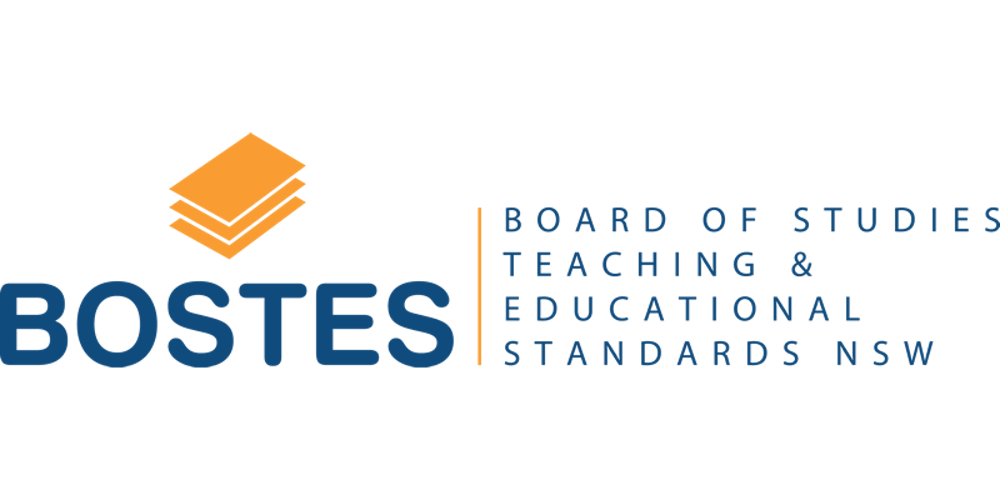What's in a name change?
So, the name is going to change. We have only had "BOSTES" for a few years (since 2014), with the merging of the "Board of Studies" and "Institute of Teachers" in NSW. At this time, the organisation went through a lengthy process of rebranding everything with their new 'orange books' logo. They are now turning around and putting more money into rebranding once again as they become the "Education Standards Authority" (ESA).
What is the change in powers for Registration and Accreditation?
1. Reduce the administrative burden of School Registration
2. It appears that Principals will have more power (and responsibility) to certify the existence of documentary evidence.
3. They seek to increase the number of random and risk-based audits in Independent, Systemic and Government Schools.
Will anything change in the way Curriculum is implemented?
1. Remove duplication of syllabus writing between BOSTES and ACARA. One of the goals of ESA (referred to as 'The Authority" by the BOSTES review, but as ESA by me) is to "Streamline curriculum development process with a more constructive approach to the national curriculum roll-out that removes duplication and expedites syllabus development". This means in essence that the duplication where BOSTES was writing a syllabus re-worked version of the ACARA Australian Curriculum seems quite logical. It made no sense, if the curriculum was truly to be "Australian" for NSW to decide to write their own documents.
The new model will be "adopt and adapt" to reduce overcrowding. This will free up resources (apparently / hopefully) to focus on improving teaching and learning. This will be hard for many in NSW to stomach, but from a holistic perspective, I welcome this change.
2. Future syllabuses will support increased flexibility for teachers so that students can go deeper. Whilst depth is important, it is also essential that we do not deny the value of surface-level knowledge as Hattie would argue.
What will change for Teacher Accreditation
1. For Teachers. The Maintenance of accreditation at Proficient level will be streamlined if schools have a Performance and Development Framework in place (which they must, according to AITSL)
2. For Schools. At present, when a teacher is accredited at Proficient Teacher, there is a detailed checking of documents that occurs by both BOSTES staff and independent consultants. This will be minimised to focus on consistency (which was its original aim) rather than the many man-hours that goes into the current process. In effect the TAA (the School Principal in many cases) will be given more power in not only signing off a teacher's Proficient Teacher Accreditation, but also in validating the documents are completed.
3. For Professional Development Providers. The approval process to become a registered provider (QTC) will be simplified.
For the future...
Recommended for further investigation is:
- HSC Disability adjustments
- Early Childhood educaiton
- VET
- Home Schooling
Click below for links to the review, overview and media release.
See the overview of the review here: http://bostesreview.nsw.edu.au/wp-content/uploads/2016/08/Overview-hand-out.pdf
See the full report: http://bostesreview.nsw.edu.au/wp-content/uploads/2016/08/Bostes_Review_Report_FINAL_accessible.pdf
See the Media Release: http://bostesreview.nsw.edu.au/wp-content/uploads/2016/08/1908-Adrian-Piccoli-med-rel-Renewed-focus-on-stronger-education-standards.pdf


No comments:
Post a Comment